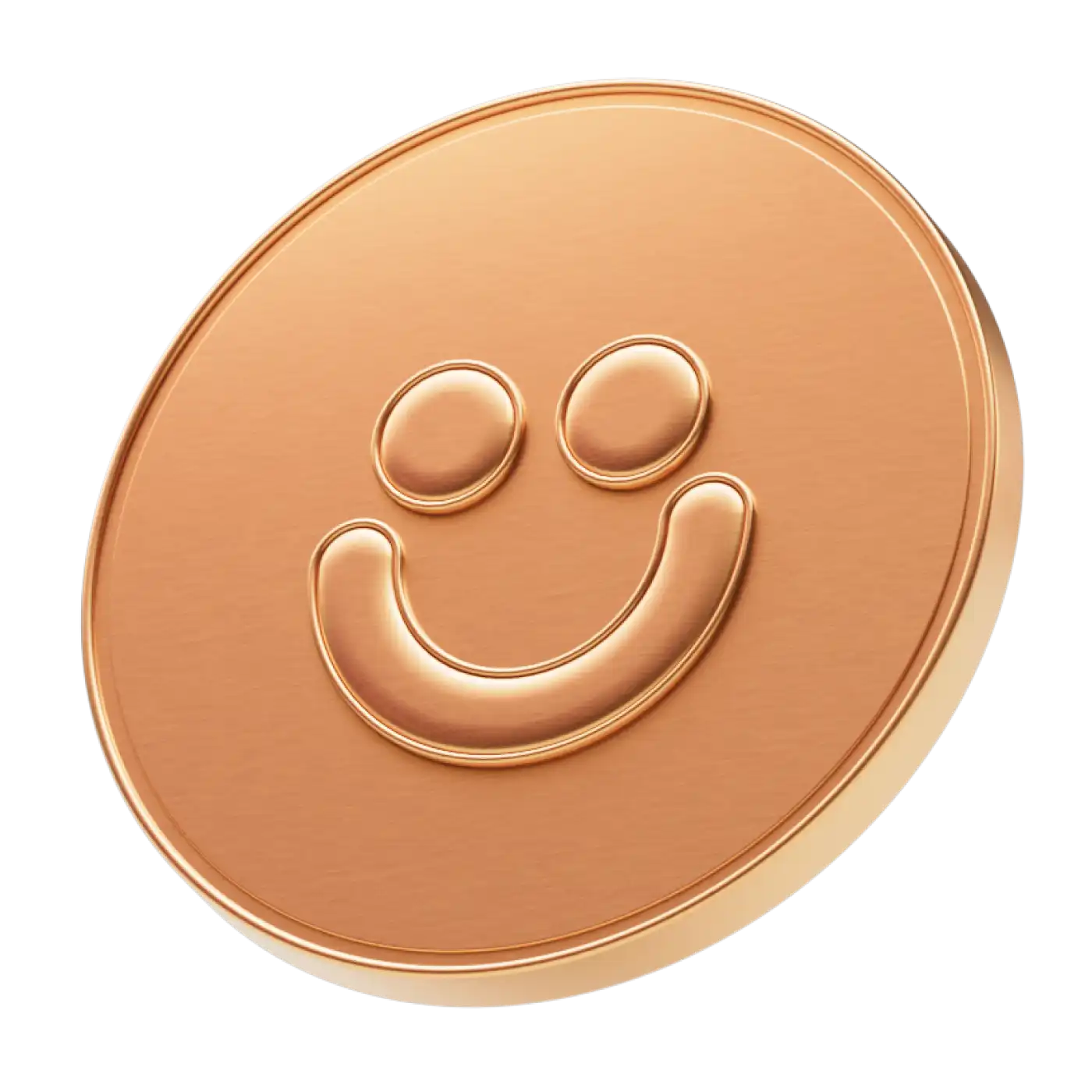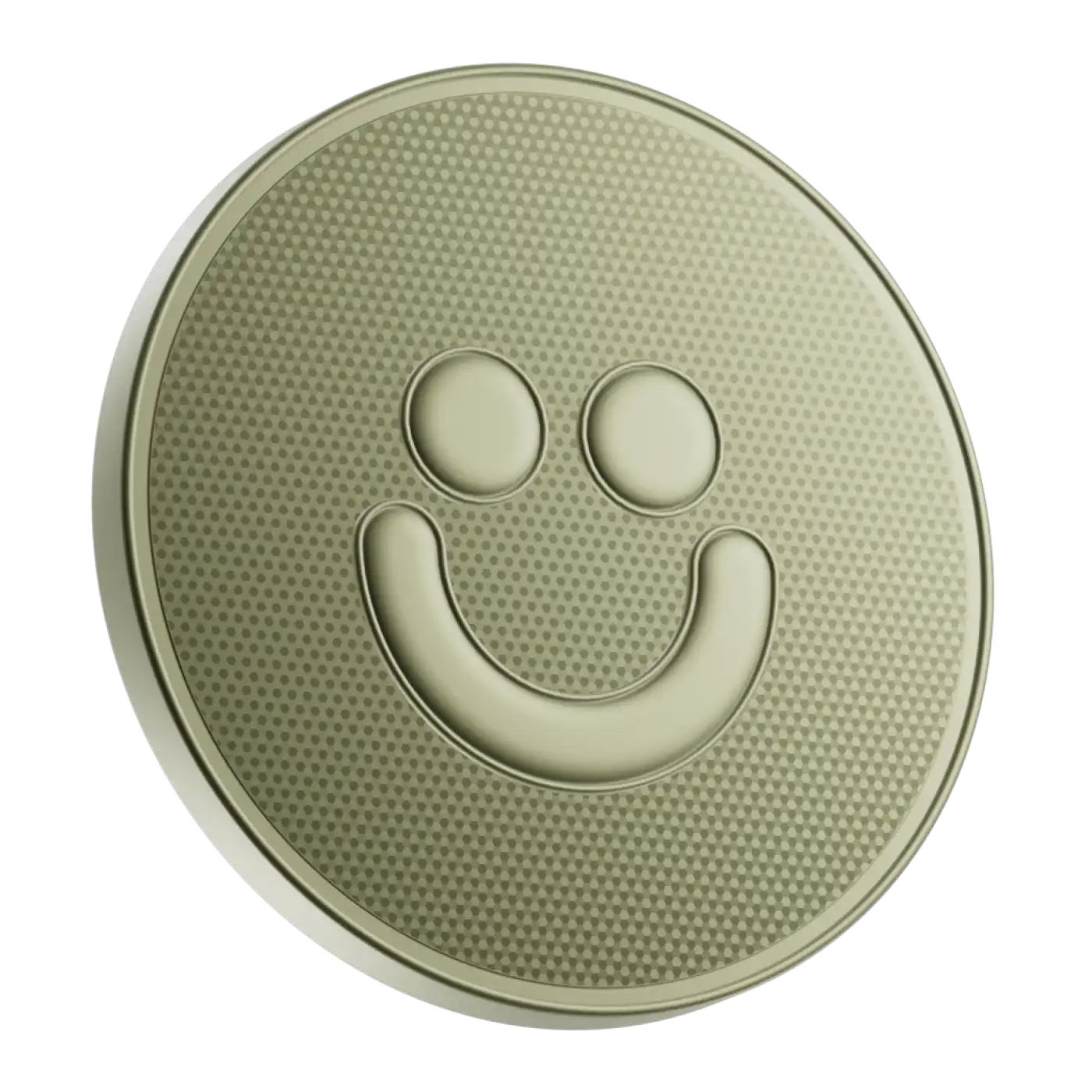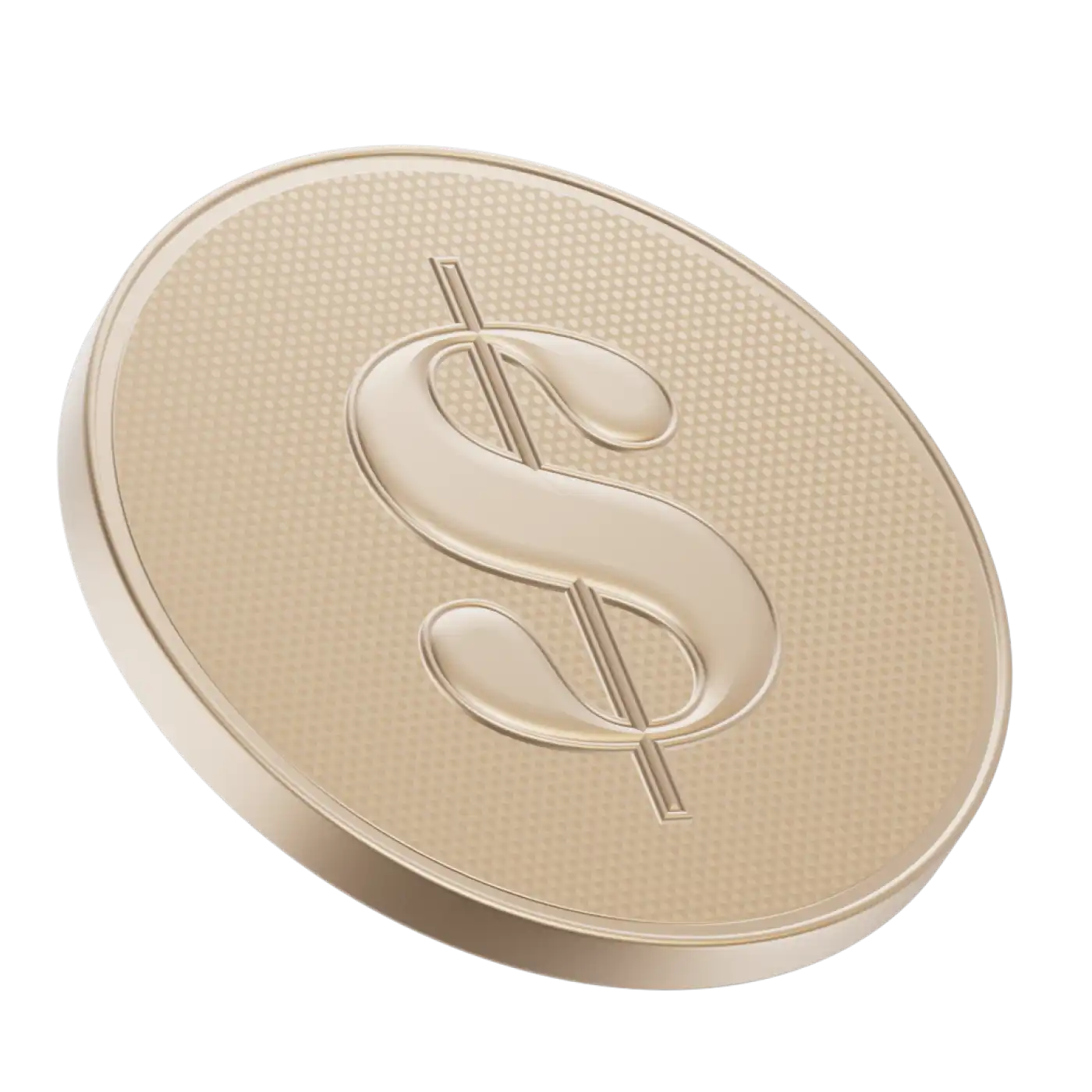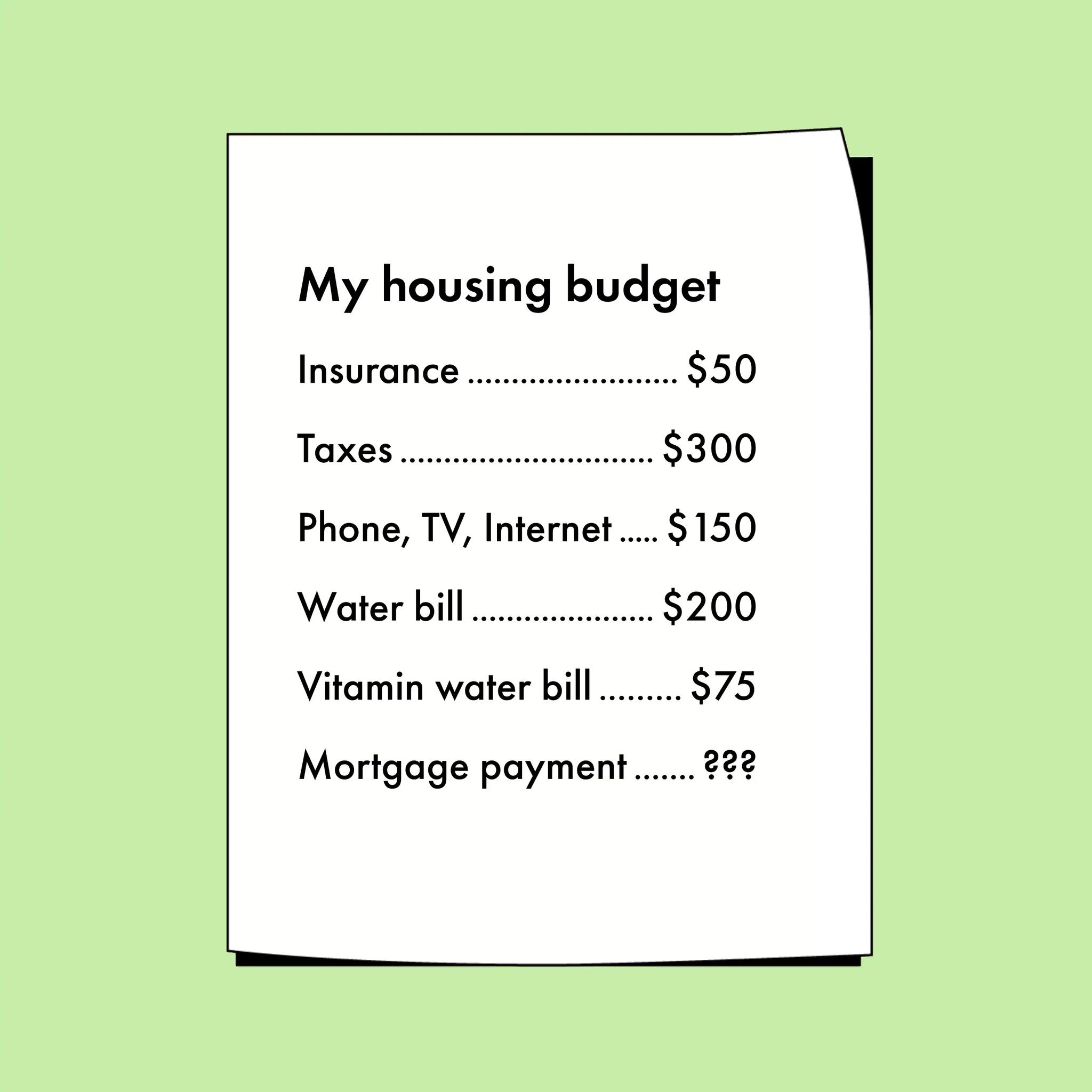Buying a house can be fun. Also: expensive. Unless you’re sitting on a multimillion-dollar inheritance or you’ve just won the lottery (if you’re in Vancouver or the GTA, better to do both), becoming a homeowner can feel out of reach for a lot of people.
While there’s no easy solution, the Canadian government came up with something: the First Home Savings Account (FHSA). Launched in April 2023, it combines the benefits of a Tax-Free Savings Account (TFSA) with those of a Registered Retirement Savings Plan (RRSP).
The FHSA lets first-time home buyers save up to $40,000, tax-free, to put toward a down payment. How it works is a little complicated, so we’ve gathered some common questions and answered them below.
What is an FHSA?
FHSAs are very, very specific registered accounts that help Canadians save up to $40,000 toward buying a first home (in Canada), tax-free. The accounts are offered by many financial institutions and work like other investment accounts you’re likely familiar with, letting you hold different types of assets to work towards growing your future down payment.
What is the FHSA contribution limit?
The lifetime contribution limit of an FHSA is $40,000. You can put in as much as $8,000 per year, and any unused portions of your contribution limit carry forward for the following year. For example, if you contribute $5,500 in 2024, the maximum contribution you could make in 2025 would be $10,500 (the $2,500 space leftover from 2024, plus the $8,000 of new contribution room from 2025).
What are the benefits of an FHSA?
Like an RRSP, any contributions you make to your FHSA reduce your taxable income for the year. Like a TFSA, the money in your FHSA (including any gains) will not be taxed.
Here’s an example: Let’s say you put $8,000 a year for five years (a total of $40,000) straight from your paycheque, tax-free, into an FHSA and you get an 8% annual return on your investments. In that case, you would end up with $48,810 — that is, your $40K investment plus an $8,810 return. And remember: that money is all yours. You won’t pay tax on it when you withdraw it for a down payment.
Suppose you instead decide to put $8,000 from your paycheque into a non-registered account for those five years. Well, unlike with an FHSA, you have to pay tax on the gains at your average tax rate. Assuming you got those same 8% returns and have an average tax rate of 25.6%, you’ll end up with $29,760 after taxes.
Are FHSA contributions tax-deductible?
Yes, your taxable income will be reduced by the amount you contribute to your FHSA (just like an RRSP). So if you contributed $8,000 in 2024 and your taxable income for 2024 was $78,000, your FHSA contributions will reduce your taxable income to $70,000.
One important thing to point out: unlike an RRSP, any FHSA contributions you make in the first 60 days of a new year can’t be used to reduce your taxable income for the year prior. They can only reduce your taxable income if they are made in the same calendar year.
Who can open an FHSA?
Anyone between the ages of 18 and 71 and a resident of Canada. Since the account is meant to help first-time homebuyers, you also can’t have lived in a home you own in the year you open your FHSA or four years prior to that.
What if I have beneficial ownership?
If you own 25% or more of a home, the law considers you a beneficial owner — and that counts as ownership according to the FHSA. If that's you and you want to use an FHSA, you'll need to wait until at least five years after you’ve lived in that house to open your account.
Can I use an FHSA to buy an investment property?
No. In order to make a withdrawal from an FHSA, the government requires you to “intend to occupy the qualifying home as [your] principal place of residence within one year after buying or building it.” But you’re not immediately disqualified from opening an FHSA if you already own an investment property. The same rules about occupying the home apply: you can’t have lived in the investment property in the year you open your FHSA or four years prior to that.
What assets can go in an FHSA?
You could treat it like a savings account and deposit money, but that would mean missing out on a lot of the benefits of an FHSA. Like an RRSP or a TFSA, FSHAs can hold a lot of different types of assets. The exact options depend on the financial institution, but many let you hold stocks, exchange-traded funds, bonds, mutual funds, GICs, and other assets, so long as the total contribution remains under the $40,000 lifetime limit.
Are there penalties for over-contributing to your FHSA?
Any contributions over the $8,000 annual limit (except for any unused portions from the previous year) will be hit with a 1% penalty every month until you get any extra money out of the account.
How quickly do I have to use the funds in my FHSA?
From the time you open an FHSA, you have 15 years to spend the money on a down payment toward a home. When you remove funds from your account to buy a home, you’ll need to close on that home by October 1 of the year after you took the money out, and move in within a year from the date the purchase is finalized. Otherwise, you’ll be taxed retroactively.
What happens if I don’t use the money in my FHSA?
If you don’t use the money in your FHSA within 15 years of opening the account (or by the year you turn 71), you can transfer it directly, without withholding tax to an RRSP or a Registered Retirement Income Fund (RRIF), without affecting the contribution limits of either account — as long as you don’t have an excess FHSA amount. You could also withdraw it and pay taxes on the amount you saved.



